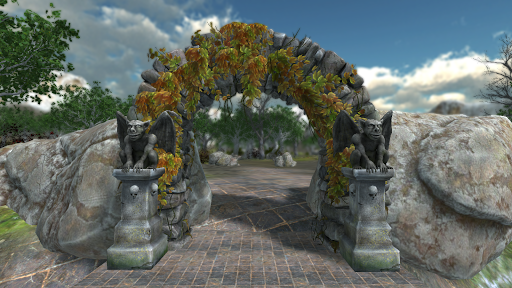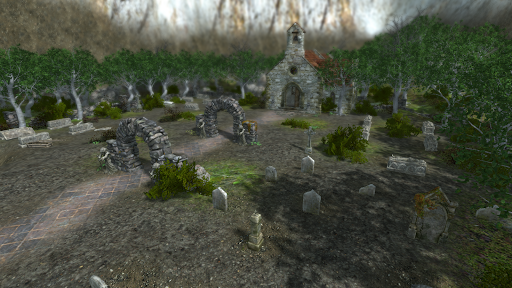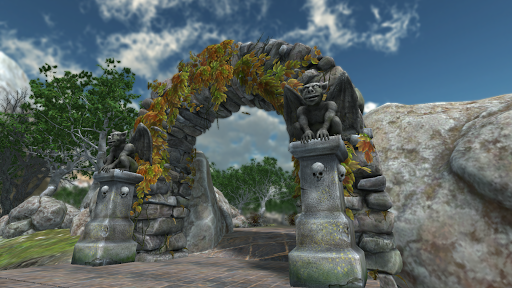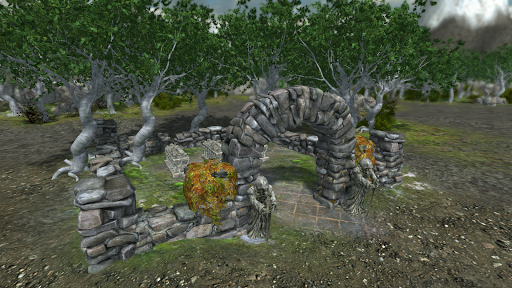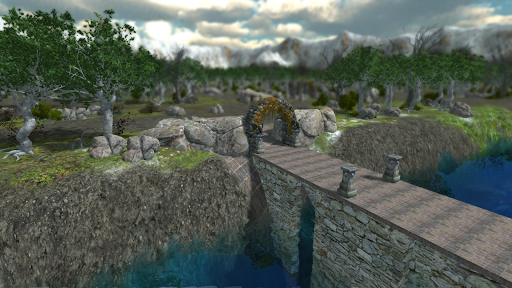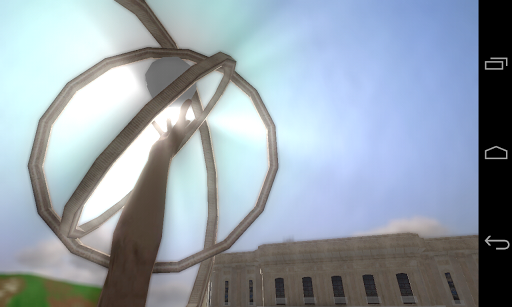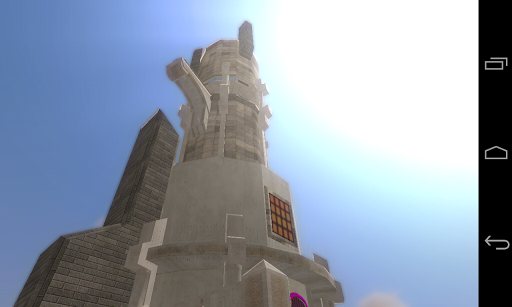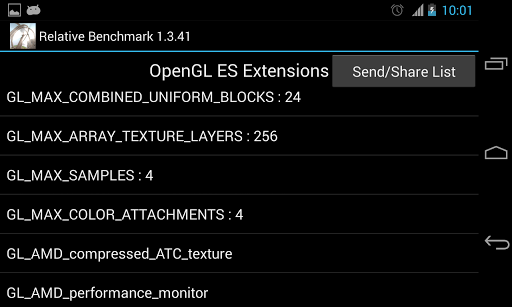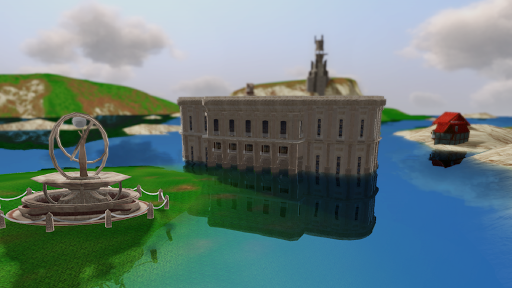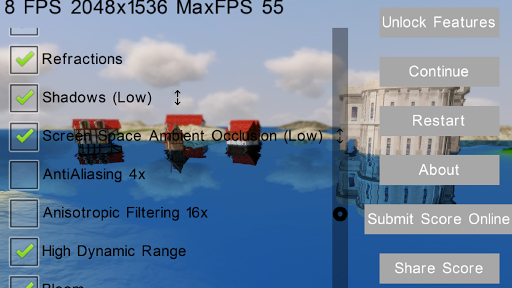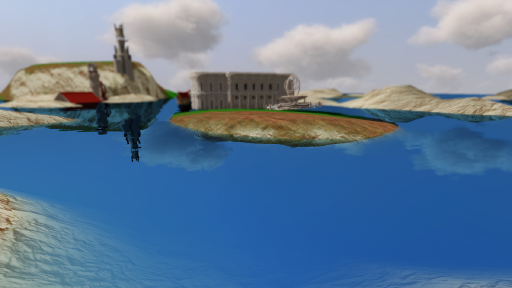Relative Benchmark will test your mobile GPU to see if it is able to render a console-like game. The CPU capabilities won't matter at all, but will be considered in a future update. The benchmark consists of an animation filled with post processing effects like Depth of Field, God Rays, Screen Space Ambient Occlusion and also features Smooth Shadows, Antialiasing, Anisotropic Filtering, real time Reflections and Refractions. The scene it renders has approximately 22 Milion polygons with about 1M polygons in view. The terrain shader uses 14 texture units to see how well your GPU handles multi texture fetches per pixel.
You can now view your GPUs OpenGL ES 2/3 Extensions (tapping an OES/EXT/NV extension links to its documentation page), anisotropic filtering and antialiasing values, pixel shader float precision, and OpenGL ES 3 capabilities (max uniform blocks, max texture array layers, max binary shader formats). Also, it's the only benchmark that can run at 4K resolution (3840x2160) if your GPU supports it.
Navigation inside the scene is now free, try it out ! (You can move by touching/dragging the left and right side of the screen)
Some of the features in the benchmark have levels (Low/Medium/High) whenever possible. Here's how they differ :
DOF - Low ( 7x7 kernel, ) High (15x15 kernel, effectively 4 times more operations)
Shadows - Low (1024x1024 shadow map with a smooth filter of 3x3 ) Med ( MaxTextureSize /2 with 5x5 kernel ) High ( MaxTextureSize with 7x7 kernel )
SSAO - Low ( 1/4 Res ) High ( 1/2 Res, 4x heavier on processing )
For comparison purposes always use the low setting for backwards compatibility with previous submitted scores.
BIG NOTE :
- This benchmark now requires OpenGL ES 3.0
If you're seeing a much lower than expected performance, here are some general guidelines for improving overall performance in Android :
- turn off antiviruses (on low end devices it matters a lot)
- close all apps from the task manager (apps can run even if they are in the background)
- restart your device ( this forces most background apps and services to stop)
- let the device cool off if it feels hot (you don't need to shut it down for this, just leave it in sleep mode)
- then run Relative Benchmark
3.0 - New scene, new experience2.5.69 - fixes default resolution on newer devices2.4.68 - Reflections and Refractions now free !Unlock Features fixed ! (if it seems like it doesn't unlock from the first try, just restart the app! )2.4.64 - Fixes MotionBlur(Hight) + Antialiasing- Antialiasing resolve now works with Adreno 320 !2.4.63 - Antialiasing now works with depth effects on OpenGL ES 3.1+Now available for Windows 10 PCs and tablets : http://bit.ly/X5rx06
3.0 - New scene, new experience2.5.69 - fixes default resolution on newer devices2.4.68 - Reflections and Refractions now free !Unlock Features fixed ! (if it seems like it doesn't unlock from the first try, just restart the app! )2.4.64 - Fixes MotionBlur(Hight) + Antialiasing- Antialiasing resolve now works with Adreno 320 !2.4.63 - Antialiasing now works with depth effects on OpenGL ES 3.1+Now available for Windows 10 PCs and tablets : http://bit.ly/X5rx06
Now available for Windows 10 PCs and tablets : http://bit.ly/X5rx062.5.70 - fixes default resolution on newer devices2.4.68 - Reflections and Refractions now free !Unlock Features fixed ! (if it seems like it doesn't unlock from the first try, just restart the app! )2.4.64 - Fixes MotionBlur(Hight) + Antialiasing- Antialiasing resolve now works with Adreno 320 !2.4.63 - Antialiasing now works with depth effects on OpenGL ES 3.1+2.4.62 - New free feature : Motion Blur



